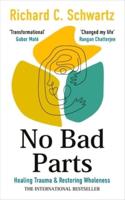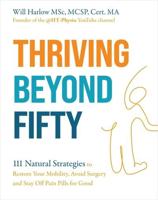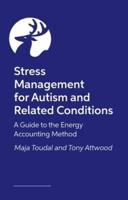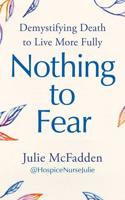Publisher's Synopsis
My Father's Chair explores the intricacies of caregiving for loved ones through a Christian lens. It delves into the emotional, logistical, and spiritual challenges caregivers face while emphasizing the importance of forgiveness, community, and faith in navigating this demanding journey. The first chapter details the author's reflections on the emotional struggles of coming to terms with his father's need for care while grappling with feelings of guilt and the need for forgiveness. He shares personal stories illustrating how his past mistakes shaped his caregiving journey, leading him to a deeper understanding of grace and redemption.
The second chapter addresses the often-overlooked aspect of caregiver burnout, outlining the author's struggles and the overwhelming nature of caregiving. He offers practical strategies for maintaining emotional and physical well-being while ensuring a present and effective caregiving role. This chapter identifies signs and symptoms of burnout along with tips to overcome them. The third chapter focuses on the often-daunting legal aspects of caregiving, including paperwork, communication with legal professionals, and the emotional toll of receiving official correspondence about a deceased loved one. The author shares insights on how to approach these challenges with grace and clarity.
Chapter four focuses on the identity crisis caregivers often face once their caregiving responsibilities end. It explores how to rediscover oneself and establish a new normal after caregiving. The author discusses the importance of discovering new passions, re-engaging with old ones, and building relationships through shared experiences.
The fifth chapter tackles finding appropriate care for loved ones and navigating the healthcare system. It offers pragmatic advice on effective communication with healthcare professionals and ensuring that loved ones receive the necessary care. By understanding insurance policies and exploring various care options, including assisted living, and nursing homes, the author equips caregivers to make this journey more manageable.
Chapter six discusses how the demands of caregiving can lead individuals to seek comfort in unhealthy outlets. This chapter addresses the pitfalls caregivers may encounter and encourages the pursuit of true peace through faith and healthy actions. By identifying common unhealthy coping mechanisms, the author advocates for seeking solace in God rather than worldly distractions, promoting positive coping strategies to remain present for those being cared for.
Chapter seven emphasizes the importance of God's grace through daily spiritual practices as a source of strength and solace for caregivers. The author encourages caregivers to establish a daily prayer and Bible reading routine, highlighting the power of Scripture and community in caregiving. A crucial distinction is made regarding the importance of not over-spiritualizing the struggles faced by loved ones.
The closing chapter recounts the author's premonitions about his father's passing and reflects on his father's legacy. It serves as a poignant reminder of the love shared and encourages caregivers to remember God has a purpose for every challenge. The author shares profound lessons learned from his father, detailing his father's journey from high school football star to two-time Super Bowl champion, and recounts a trip to a place where he spent summers with his father, which helped him find closure.








